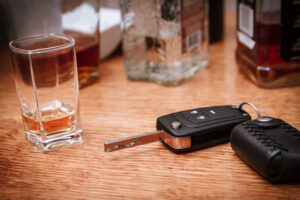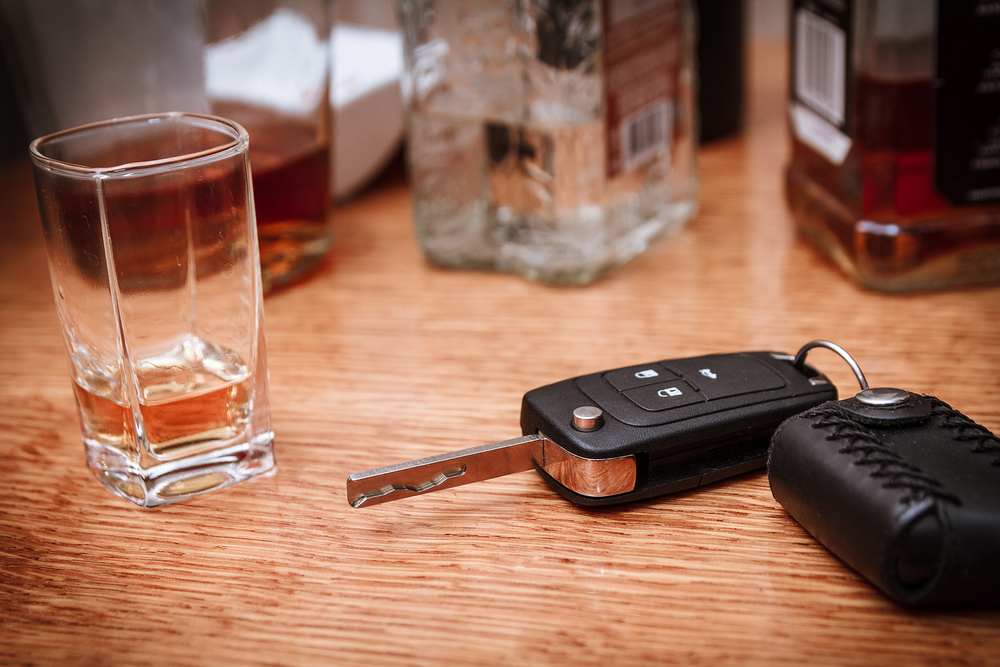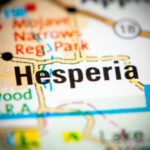California DUI Accident Kills One and Injures Five
 Car accidents may result in physical, financial, or emotional harm to some or all parties involved in the crash. However, accidents in which a motor vehicle operator was driving under the influence (DUI) can be particularly devastating. Because drivers are under the influence, they often lack the ability to control their vehicles, leading to significant yet entirely preventable accidents. Too often, DUI crashes lead to severe injury or death of other drivers or their passengers, who frequently are not at fault for the accident.
Car accidents may result in physical, financial, or emotional harm to some or all parties involved in the crash. However, accidents in which a motor vehicle operator was driving under the influence (DUI) can be particularly devastating. Because drivers are under the influence, they often lack the ability to control their vehicles, leading to significant yet entirely preventable accidents. Too often, DUI crashes lead to severe injury or death of other drivers or their passengers, who frequently are not at fault for the accident.
As a recent news article reported, a car crash involving a suspected DUI driver killed one person and injured five others. According to investigators, the driver likely veered into the incoming lane, directly colliding with a 21-year-old woman carrying four passengers. The woman died at the scene, while the passengers suffered injuries ranging from minor to serious. The suspected DUI driver was also injured in the crash. At the hospital, police arrested the driver on suspicion of driving under the influence and vehicular manslaughter for the woman’s death.
What Damages Can You Recover from a California DUI Accident?
California law allows injured persons to recover both compensatory and punitive damages. Compensatory damages can begin to help redress the losses an injured person has suffered as a result of an accident. These can include both economic and non-economic damages. Economic damages can include property damage—such as damage to a vehicle—along with medical expenses incurred from the accident, or lost wages due to an inability to work following the accident. In California, a court can infer an injured person’s loss of earning power from the nature of the injury.
On the other hand, an injured person could seek damages that are not directly tied to economic recovery, such as pain and suffering as a result of the car accident. California law allows injured persons to recover for pain and suffering even in the absence of medical bills or medical testimony. Injured persons can give testimony to help establish their pain and suffering, and California attorneys can call witnesses who saw or heard the injured persons express their pain.
Whereas California law intends compensatory damages to redress concrete losses the injured party has suffered, punitive damages are intended to punish wrongdoers for their actions and deter future wrongdoing. Under California law, punitive damages must have a reasonable relationship to the actual harm suffered by the injured person. That is, they cannot grossly exceed the harm, and they are often measured against the amount in compensatory damages awarded to the injured person.
People who have lost a loved one in an accident, including a DUI car accident, can also file a wrongful death lawsuit. These types of lawsuits can also include both economic and non-economic damages. In wrongful death lawsuits, economic damages may be tied to a loss of financial support from the deceased person. For wrongful death suits brought by spouses, if a spouse can prove facts that establish recovery for wrongful death, he or she can also assert a loss of consortium claim. Loss of consortium refers to the emotional impact a person has suffered from a loss of companionship from a relationship. Under California law, a plaintiff can recover for loss of consortium under very limited circumstances. A California personal injury attorney can explain the complicated laws that govern damages claims based on loss of consortium.
Have You Been Injured in a California DUI Accident?
If you or a loved one has suffered injuries from a California DUI accident, contact the skilled attorneys at the Neumann Law Group. Our attorneys possess years of experience in personal injury and wrongful death cases, including DUI car accidents and other traffic accidents. Through our dedicated representation of car accident victims and their families, we will fight for the compensation you deserve. To schedule a free initial consultation, call our toll-free number at 800-525-6386. To contact our California office, call 213-277-0001.



